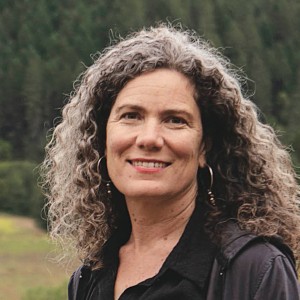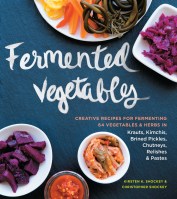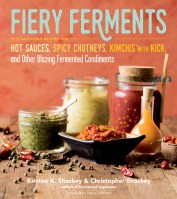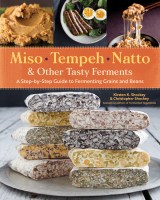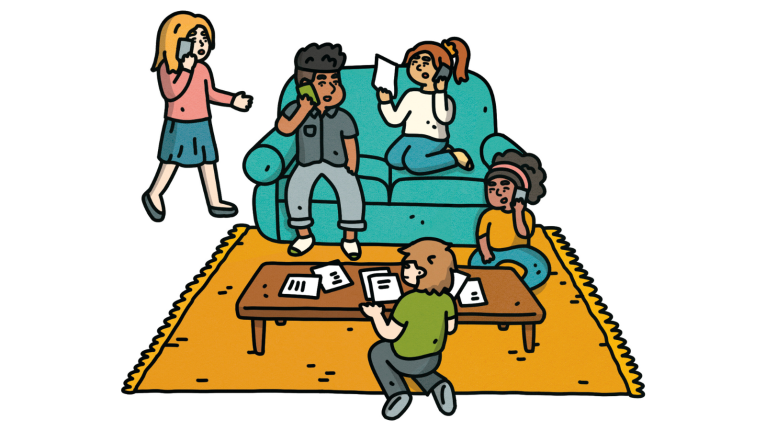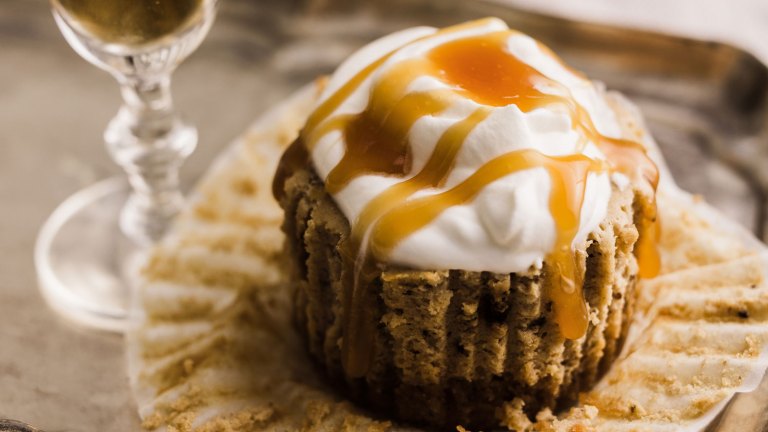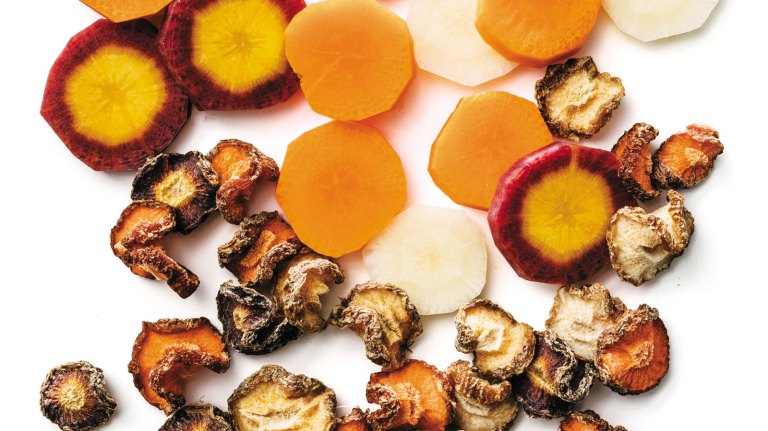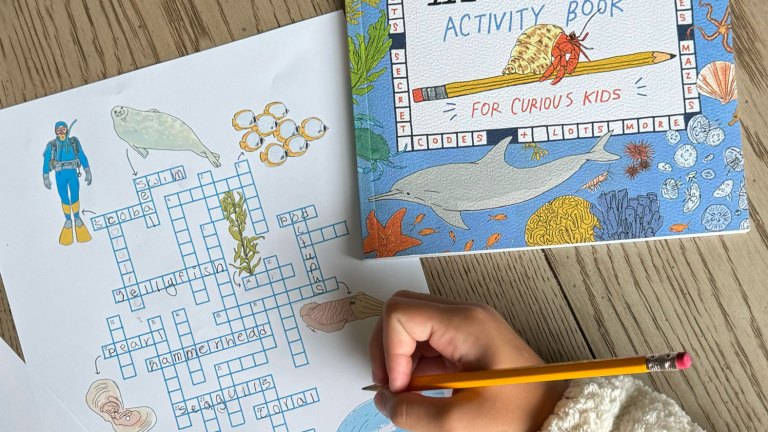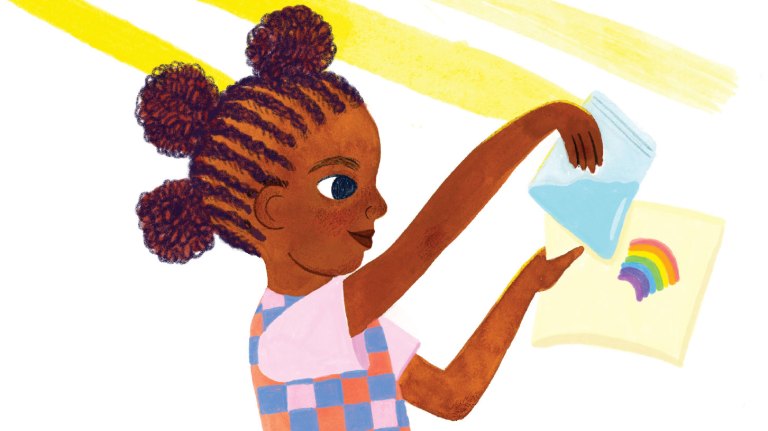Teach Kids to Cook
Give kids the skills they need to make healthy choices about food.
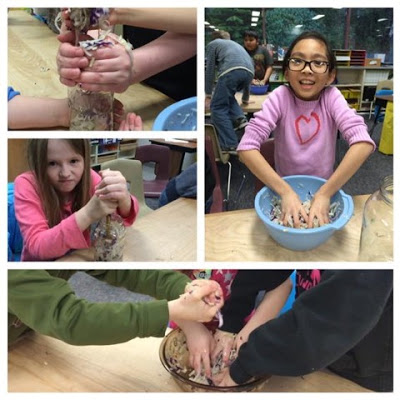
Last fall Christopher and I were on tour with our book Fermented Vegetables when we received an e-mail from Chris Bryner in Sitka, Alaska. Chris is a fourth grade teacher who uses cooking in the classroom regularly (high fives to that). His students were about to embark on a fermentation unit, and he was hoping to use Fermented Vegetables as a text for the class. His request was simple: would we be up for a brief conversation to help him plan?
The answer? Absolutely! Christopher and I have been passionate about real food and good food systems since our college days (which might have been a few years ago), and we applied this interest to feeding our young growing family. As we watched the obesity rates rise, especially in children, we realized that the industrialized food “out there” provided less and less nourishment that a body could use and exacted a great cost on the environment. Deep in the trenches of parenthood, we looked up from our little world and realized the way we were eating — cooking whole foods and eating together — was not the norm. Eventually, through a long series of twists and turns, we found that the best thing we could do was teach folks, one person at a time, a little bit about taking control of their food.
We believe the transformation of our planet’s health and that of its people starts with teaching kids to cook. Healthy kids begin with good food, and good food includes those probiotic-rich ferments that support the amazing gut-brain connection — an important connection to nurture when you’re in the business of growing smart kids.
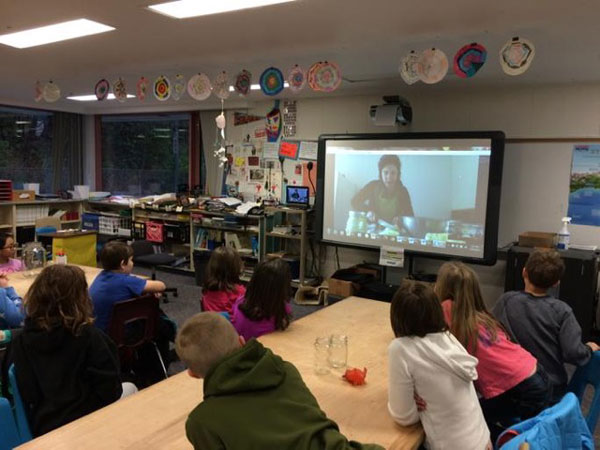
When we talked with Chris on the phone, he explained that he would be also integrating sauerkraut fermentation into a chemistry lesson on pH called “Chemistry and Cabbages” that would culminate in a tasting. We loved this idea: whole foods = whole learning; cooking, microbiology, and chemistry intertwined, just as in life. By the end of the conversation, I had offered to do a long-distance demonstration.
In the doldrums of winter (the best time of year to make boring winter veggies into something with zippy, crisp flavor), I set up in our fermentation kitchen in Oregon with a cutting board, knife, head of cabbage, salt, and a jar. I faced my tiny computer and met the class of Room 28, larger than life on a full-size slide screen, through Skype. The students had questions for me, and we talked a little about lacto-fermentation before we got on to the important business of massaging cabbage and making sauerkraut. The kids dove in, and over the weeks that followed I checked in on the fermentation process and got reports from these budding food scientists. In their last update to me, they shared their pride in their final product, which they happily ate with local reindeer sausage.
Good gut health does make our brains function better. If we raise smart children who become smart adults that make good choices, maybe, just maybe, the future of our food system looks a little brighter.
